

- RFQ
- BOM
-
Contact Us
Tel: +86-0755-83501315
Email: sales@sic-components.com
- Chinese
- English
- French
- German
- Portuguese
- Spanish
- Russian
- Japanese
- Korean
- Arabic
- Irish
- Greek
- Turkish
- Italian
- Danish
- Romanian
- Indonesian
- Czech
- Afrikaans
- Swedish
- Polish
- Basque
- Catalan
- Esperanto
- Hindi
- Lao
- Albanian
- Amharic
- Armenian
- Azerbaijani
- Belarusian
- Bengali
- Bosnian
- Bulgarian
- Cebuano
- Chichewa
- Corsican
- Croatian
- Dutch
- Estonian
- Filipino
- Finnish
- Frisian
- Galician
- Georgian
- Gujarati
- Haitian
- Hausa
- Hawaiian
- Hebrew
- Hmong
- Hungarian
- Icelandic
- Igbo
- Javanese
- Kannada
- Kazakh
- Khmer
- Kurdish
- Kyrgyz
- Latin
- Latvian
- Lithuanian
- Luxembou..
- Macedonian
- Malagasy
- Malay
- Malayalam
- Maltese
- Maori
- Marathi
- Mongolian
- Burmese
- Nepali
- Norwegian
- Pashto
- Persian
- Punjabi
- Serbian
- Sesotho
- Sinhala
- Slovak
- Slovenian
- Somali
- Samoan
- Scots Gaelic
- Shona
- Sindhi
- Sundanese
- Swahili
- Tajik
- Tamil
- Telugu
- Thai
- Ukrainian
- Urdu
- Uzbek
- Vietnamese
- Welsh
- Xhosa
- Yiddish
- Yoruba
- Zulu
- Kinyarwanda
- Tatar
- Oriya
- Turkmen
- Uyghur
Electronics Wholesale Market In Bangalore
Bangalore, known as India's "Silicon Valley," not only shines in the field of information technology but also serves as a key hub for electronic commerce in South Asia through its wholesale electronics markets. With the rapid growth of India's consumer electronics market, Bangalore's wholesale electronics markets have secured a pivotal position in the industrial supply chain by leveraging their unique advantages.
For electronic manufacturing enterprises and the maintenance industry, Bangalore's wholesale electronics markets are a treasure trove of electronic components. Basic components such as resistors, capacitors, and inductors are available in a full range of types and specifications, from common to special models. In the realm of semiconductor devices, products like various integrated circuits (ICs), diodes, and transistors are abundantly supplied, including offerings from renowned semiconductor manufacturers in developed countries such as Europe, the United States, and Japan, as well as products from rising Indian domestic semiconductor enterprises. Components like sensors, connectors, and printed circuit boards (PCBs) also hold a significant share in the market, capable of meeting the diverse needs of electronic device manufacturing, maintenance, and DIY projects for electronics enthusiasts.
Electronics Wholesale Market in Bangalore: Advantages, Disadvantages, and Practical Strategies
Advantages of Sourcing Electronic Components in Bangalore
Vast Product Diversity & Cost Efficiency
The market offers an extensive range of components, from basic resistors and capacitors to advanced microcontrollers (e.g., Arduino, Raspberry Pi) and semiconductors (TI, STMicroelectronics).
Competitive pricing due to bulk availability and direct sourcing from manufacturers (e.g., Chinese white-label suppliers, Indian 本土 brands like L&T). For instance, passive components are often 30–50% cheaper than retail or online platforms.
Quick Availability & Flexibility
Same-day or next-day delivery for standard components, ideal for urgent prototyping or small-batch production.
Customization services (e.g., PCB fabrication, component soldering) are widely available at competitive rates.
Networking & Local Partnerships
Opportunities to build relationships with suppliers for long-term discounts and priority access to new products.
Proximity to Bangalore’s tech ecosystem (e.g., startups, IT companies) facilitates collaboration and knowledge sharing.
Disadvantages and Risks
Disadvantages and Risks
Quality Inconsistencies & Counterfeits
High risk of counterfeit or refurbished components: Up to 25% of semiconductors may be "remarked" (relabeled used chips), leading to device failures. For example, fake Arduino boards often have flawed processors.
Lack of standardization: Many suppliers skip rigorous testing, resulting in components that fail to meet specifications (e.g., capacitors with unstable capacitance under temperature variations).
Supply Chain Unreliability
Delays in delivery: Small suppliers may face stock shortages, especially for niche or imported components (e.g., rare sensors).
Price volatility: Fluctuations in global raw material prices (e.g., copper, silicon) can lead to sudden cost hikes, affecting budget planning.
Regulatory and Legal Risks
Non-compliance with standards: Some components lack necessary certifications (e.g., BIS for India, RoHS for EU), risking legal penalties or product recalls.
Gray market imports: Smuggled components (e.g., via Nepal/Hong Kong) may violate customs laws, leading to fines or confiscation.
Limited After-Sales Support
Most small vendors offer no warranties or return policies. If a component fails, replacing it can be time-consuming and costly.
Practical Tips and Preventive Measures
1. Supplier Vetting & Quality Control
Verify Credentials:
Prioritize suppliers with BIS certification, ISO 9001:2015 compliance, or partnerships with reputable brands (e.g., authorized distributors of Texas Instruments).
Check online reviews on platforms like Indiamart or Google My Business for ratings and customer complaints.
Sample Testing:
Request samples for critical components and test them rigorously:
Use an oscilloscope to check signal integrity in ICs.
Test passive components with a multimeter (e.g., resistance, capacitance values).
For high-risk components (e.g., microprocessors), use X-ray inspection to detect rework or counterfeiting.
2. Mitigate Supply Chain Risks
Dual Sourcing:
Maintain relationships with at least two suppliers for critical components (e.g., one in Bangalore, another in Mumbai or Chennai) to avoid single-point failures.
Example: Source MCU chips from both local distributors and international platforms like Mouser Electronics (for backup).
Bulk Ordering & Forward Contracts:
Negotiate long-term contracts with stable suppliers to lock in prices and secure priority delivery.
Stock up on frequently used components during low-price periods (e.g., post-holiday seasons when demand is lower).
3. Regulatory Compliance
Certification Checks:
Ensure all components meet India’s BIS standards (e.g., for electronics, look for the ISI mark). For exports, verify RoHS/CE compliance.
Request detailed documentation (e.g., COO, test reports) at the time of purchase to avoid customs issues.
Avoid Gray Market Goods:
Stick to suppliers who provide legal invoices and customs clearance papers. Report suspicious vendors to authorities (e.g., DGFT, BIS).
4. Negotiation & Documentation
Price Negotiation:
Use market comparisons (e.g., check prices on TradeIndia) to negotiate discounts for bulk orders (e.g., 10–15% off for purchases over ₹50,000).
Leverage competition between suppliers by requesting quotes from multiple vendors.
Written Agreements:
Draft clear purchase orders specifying:
Component specifications (e.g., part number, tolerance).
Delivery timelines and penalties for delays.
Warranty terms (e.g., 14-day return window for defective items).
5. Alternative Sourcing Channels
Authorized Distributors:
For high-reliability needs, use authorized distributors like SIC Components (https://www.sic-components.com/category-all) or Sic chips(javascript:;), even if prices are 10–20% higher. They offer genuine products and technical support.
Online Marketplaces:
Use platforms like DigitIn (India-based) or AliExpress (for bulk orders) with strict seller ratings (4.5+/5) and return policies.
Conclusion
Bangalore’s electronics wholesale market is a valuable resource for cost-effective components but requires vigilance to avoid risks. By prioritizing supplier credibility, conducting thorough quality checks, and diversifying sourcing channels, buyers can leverage the market’s strengths while minimizing pitfalls. For mission-critical projects, balancing between local market flexibility and authorized distributors’ reliability is key to long-term success.
https://www.sic-components.com/category-all

Hot Products
View MoreRelated Blogs

2000+
Daily average RFQ Volume

30,000,000
Standard Product Unit

2800+
Worldwide Manufacturers

15,000 m2
In-stock Warehouse



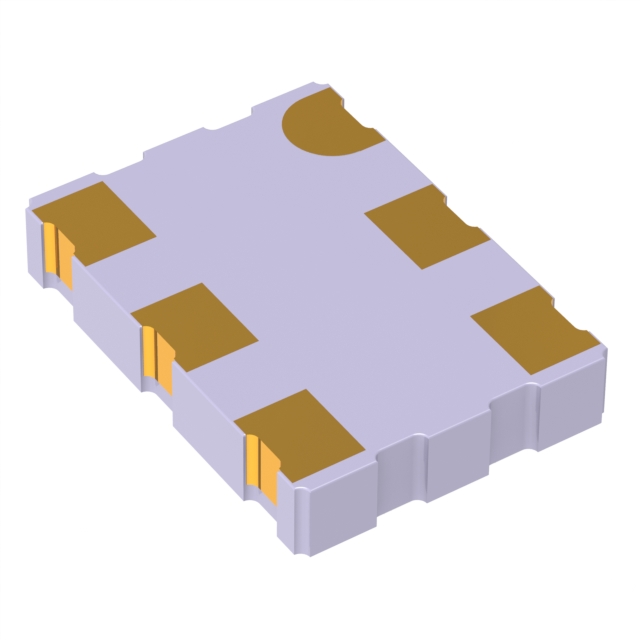
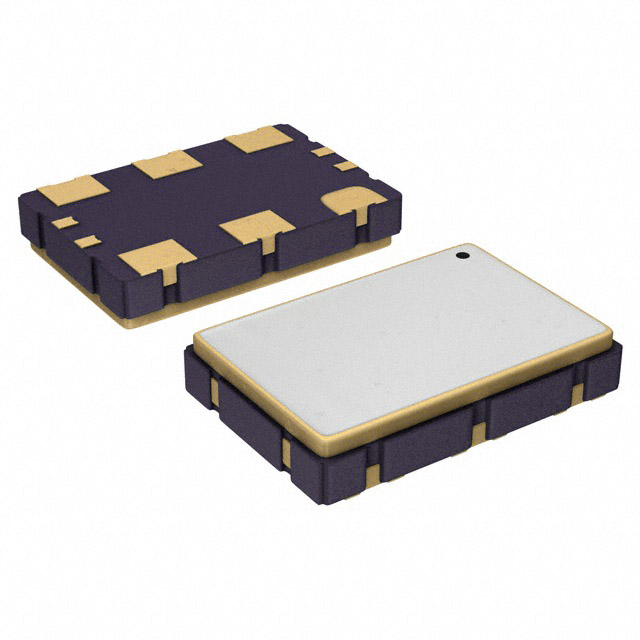

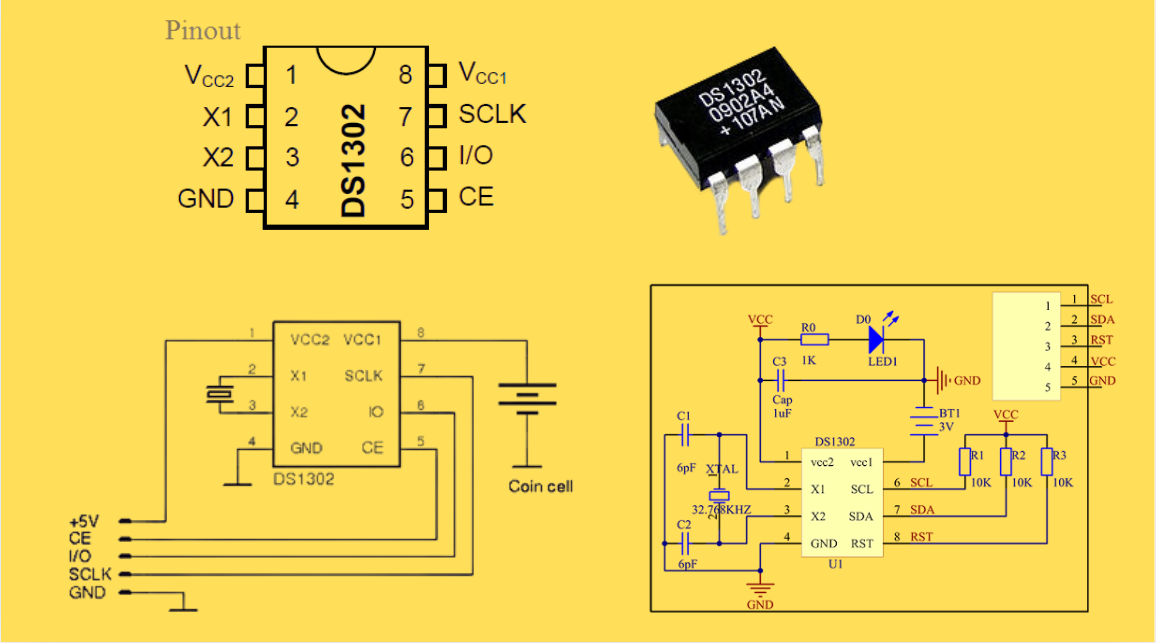
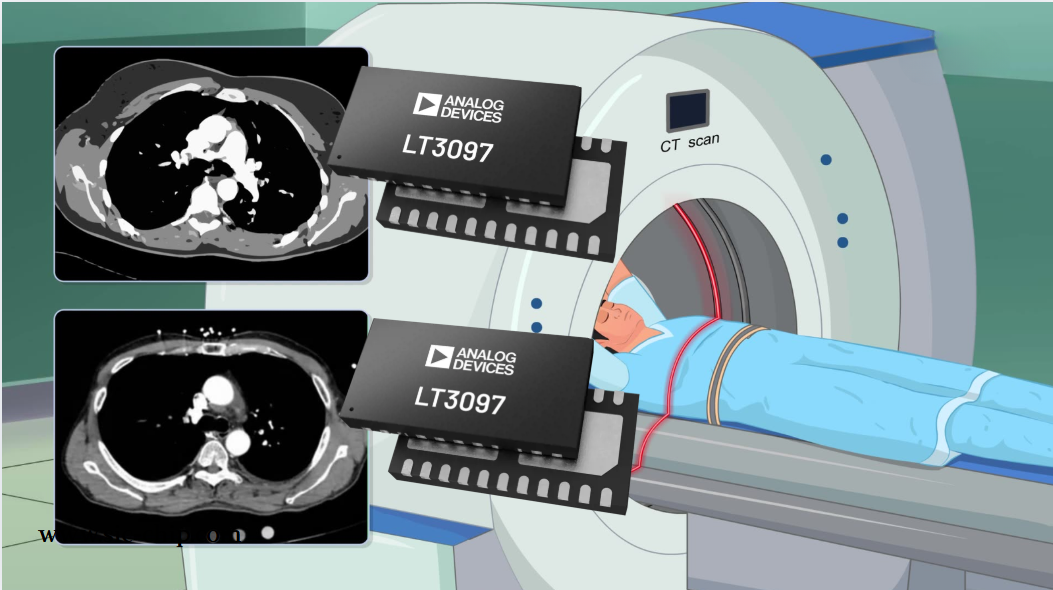
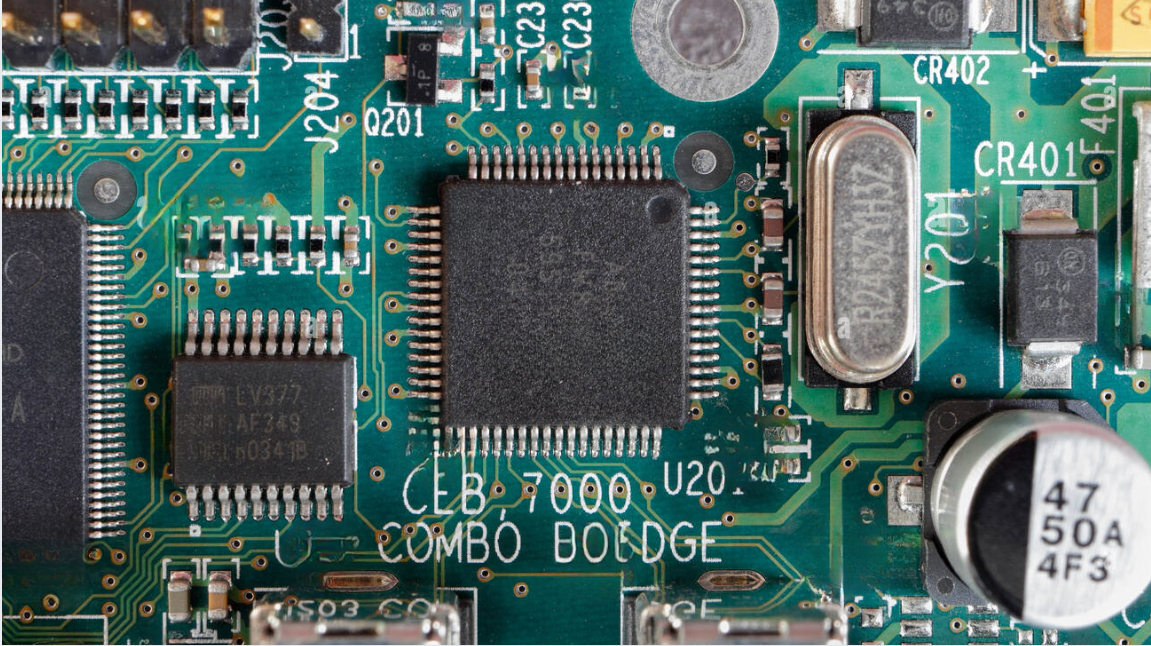
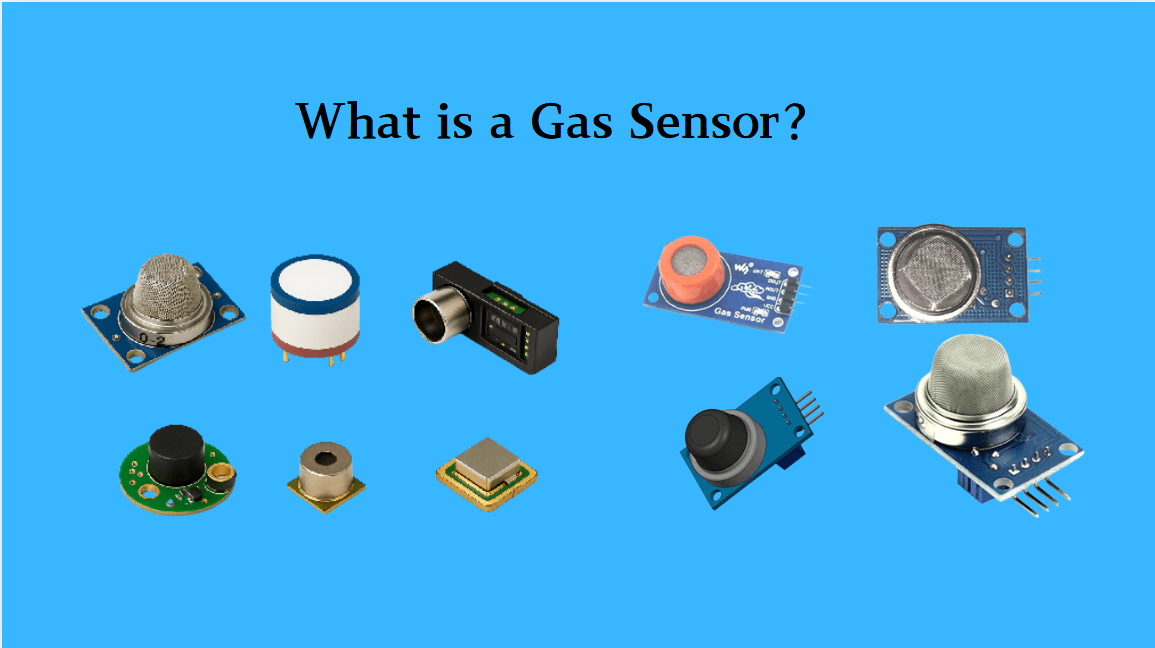
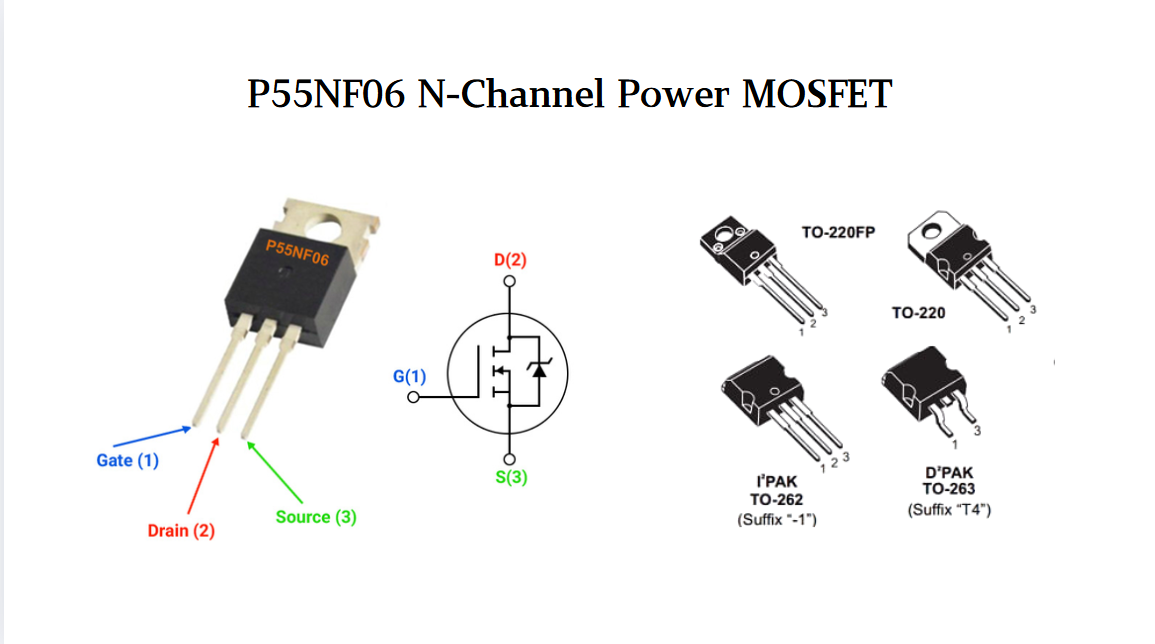

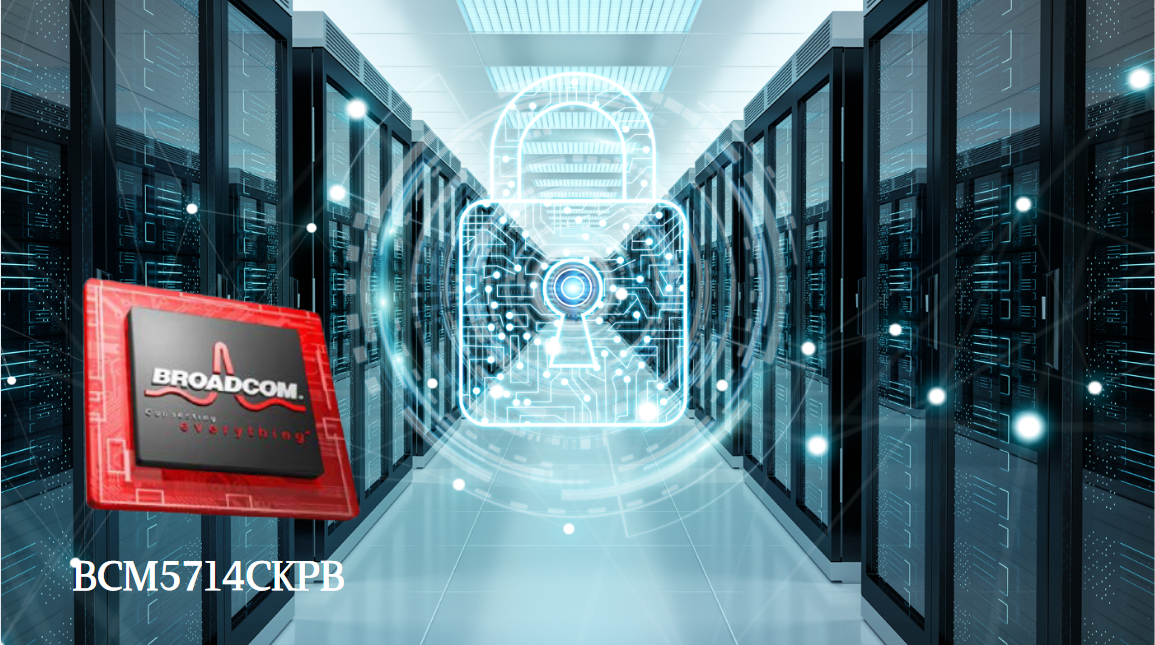
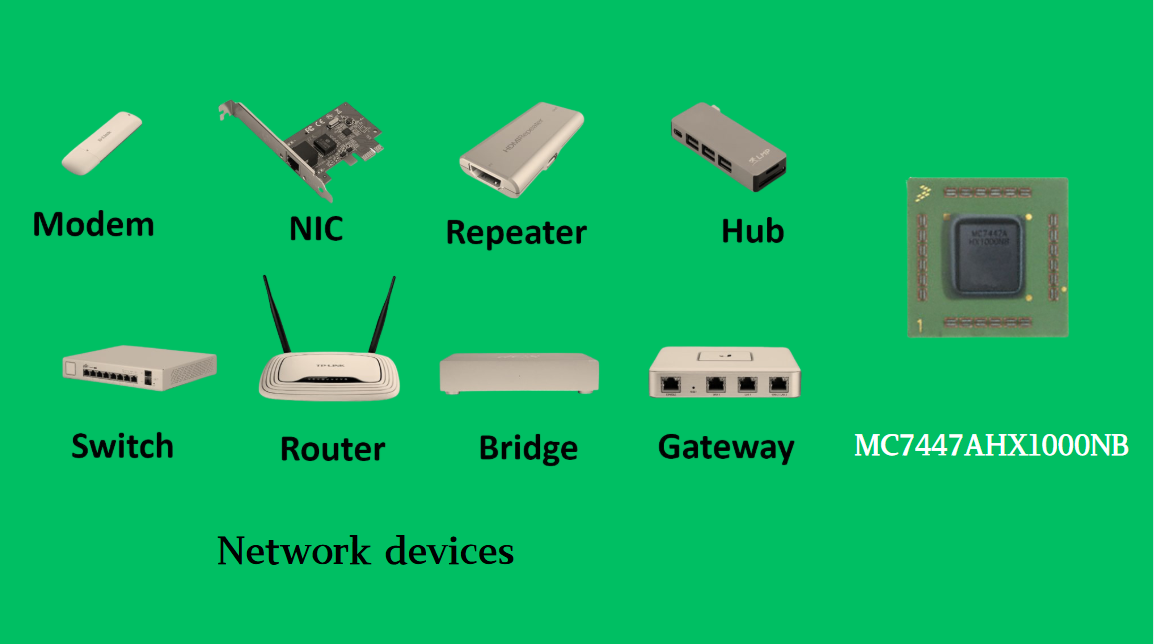

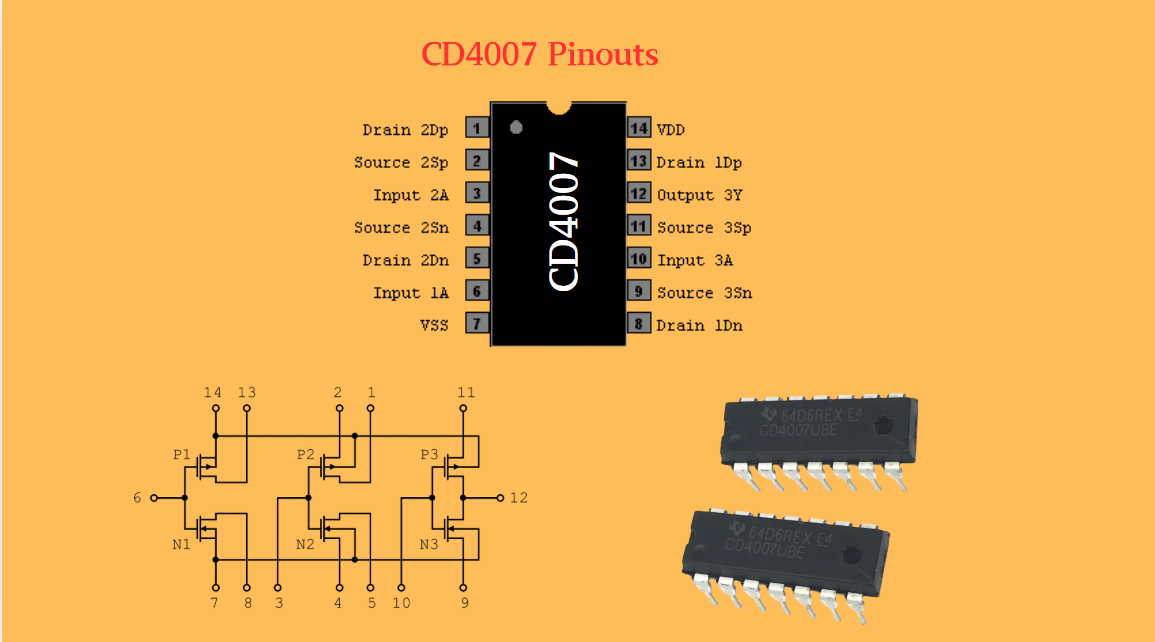
 Wishlist (0 Items)
Wishlist (0 Items)